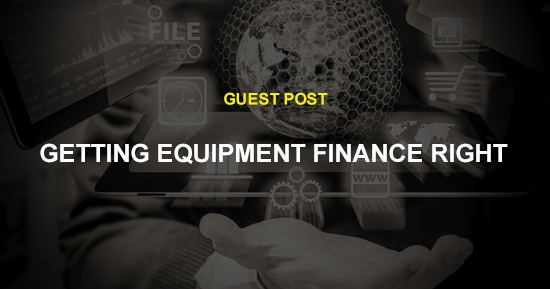KraussMaffei boosts Mexico’s agricultural industry with sustainable logistics solutions in packaging
Discover how KraussMaffei helped transform eco-friendly packaging in Mexico’s logistics sector—read the full case study now.
Welcome to Headland Technology Client log in
Whether you’re after a machine, spare part, power tool, or need to book a service call Headland will help you find the right solution in a timely manner.
Fill out the form below and the relevant expert will be in touch with you shortly.
Arranging commercial finance can be a daunting task for many businesses. Here are some suggestions from Interlease to make it easier.
Choose the option that will best match equipment finance cost with the income from the asset.
When seeking funding from banks, carefully consider their job is to provide the best outcome for its shareholders and therefore they seek to obtain the maximum amount of security it can for each dollar it lends to you. When real estate is used as security, seek to have security released once your financial position changes. There is a rule of thumb that continues to remain true “use anyone except your bank to finance capital equipment.” It is vital you only use available funds for working capital and not to purchase equipment.
Don’t over expose yourself to any single financier. This has the effect of limiting the funds to you. As your exposure increases with any one financier, that lender will increasingly want to dictate terms such as how and when you repay the debt.
Finally beware the ‘fixed and floating charge’. Most businesses in Australia are required to provide fixed and floating charges (debentures) to their bank to secure ongoing banking lines. Many business owners don’t truly understand what this means and what control this gives the bank over their business.
Resist the urge to put all your eggs in one basket.
By Ken Richards – Interlease
Visit www.interlease.com.au or phone – (03) 9429 4299
Whether you’re after a machine, spare part, power tool, or need to book a service call Headland will help you find the right solution in a timely manner.
Fill out the form below and the relevant expert will be in touch with you shortly.
